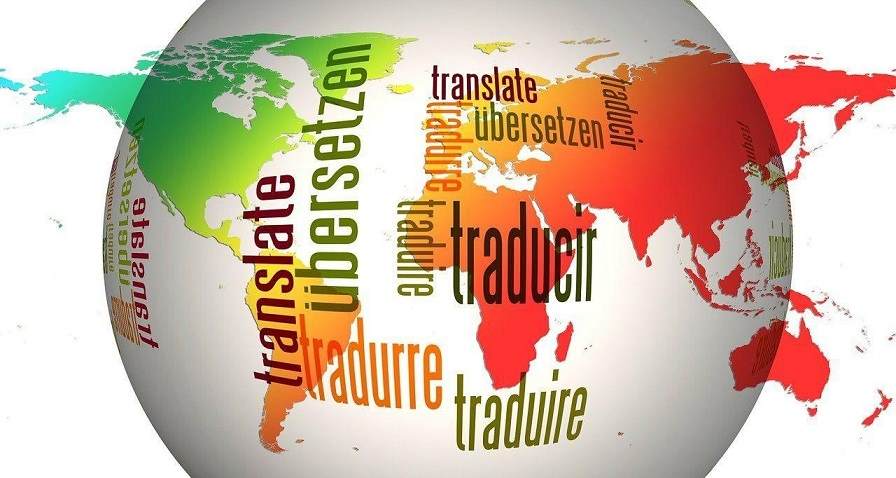Multilingualism, as an important factor in harmonious communication between peoples, is of particular importance to the United Nations. By promoting tolerance, it also ensures effective and more active participation of all in the work process of the Organization, as well as greater efficiency, better results and wider stakeholder involvement. Multilingualism must be preserved and promoted through the various measures taken within the United Nations system for sharing and communication.
UN language staff represent a wide variety of countries around the world and form a uniquely diverse multilingual community. They are united by a desire for excellence in their respective fields of activity, a desire to be at the forefront of international relations and a willingness to contribute to the achievement of the United Nations goals set out in the Charter by facilitating the exchange of information and decision-making.
September 30 is the commemoration of Saint Jerome – the Illyrian church writer, the creator of the canonical Latin text of the Bible. St. Jerome is considered the patron saint of translators. The main works of Jerome are the Latin translation of the Old Testament (from the ancient Greek language) and the Hebrew text of the Old Testament, as well as the revision of the Latin version of the New Testament. Jerome died on September 30, 420 in Bethlehem.
The holiday was officially established by the International Federation of Translators (FIT) in 1991. The popularity of this holiday is growing every year.
.
Gulsenem Hommadova,
lecturer in the Department of International law
and Comparative law at the Institute of International
Relations of the Ministry of Foreign Affairs of Turkmenistan.





Comments